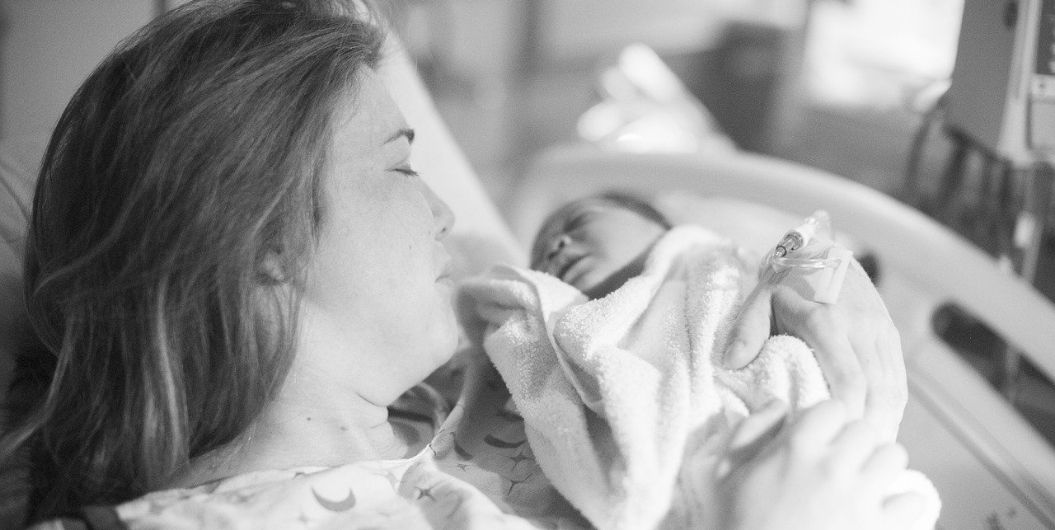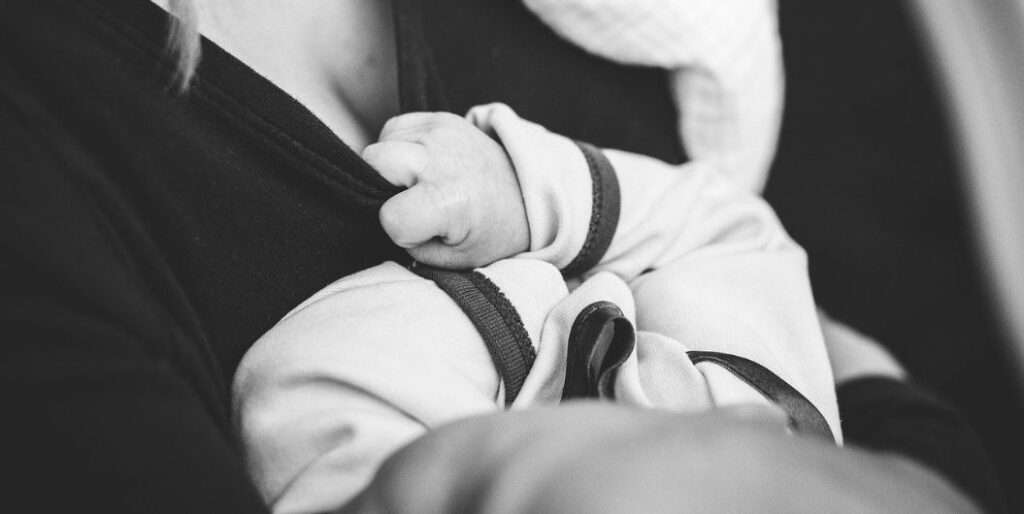Coping with Postpartum Depression

Postpartum depression (PPD), or perinatal depression, occurs in varying degrees in approximately 20% of women in the year following giving birth. Plummeting levels of estrogen and progesterone, coupled with a new body, a new baby, fatigue, stress, etc., can contribute to an actual biochemical imbalance, resulting in postpartum depression. While many new moms experience the “baby blues,” which are characterized by moodiness, fatigue, weepiness and feelings of sadness, other moms are impacted by a much more serious form of postpartum depression.
You may be suffering with postpartum depression if you have any of the following symptoms:
- Overwhelming sadness
- Bouts of crying
- Extreme fatigue
- Disinterest in most everything, including the new baby
- Mood swings
- Sleep problems
- Lack of appetite
- Trouble concentrating
- Severe, unsubstantiated guilt

If you have any of these symptoms, you should contact your doctor immediately to start receiving treatment for postpartum depression, which will most likely include medication and therapy. Most women who suffer with postpartum depression had depression previously or during their pregnancy and may already have a treatment plan in place. If you have a family history of depression, you and your partner should be especially vigilant in watching for the signs of postpartum depression.
There are certain changes you can make to help alleviate or cope with a minor case of postpartum depression or the baby blues. Having a baby is an enormous adjustment both physically and emotionally, and it can be the greatest job and trial of your lifetime.
- Postpartum care: Be sure to follow your doctor’s advice for postpartum care, and follow up on your six week appointment. Most doctors will recommend up to six weeks of rest following giving birth for good reason — your body needs time to heal and adjust back to its pre-pregnancy state. Don’t hesitate to call your doctor with any concerns after you’ve had the baby.
- Rest: Typically the first piece of advice every veteran mom will tell you is to sleep when the baby sleeps, especially for the first six weeks. Sleep deprivation can affect your physical and emotional state, so get as much sleep as possible. Ask your husband, friends, or other family to help out during the day so that you can get much needed shut eye.
- Support: Even the most independent women can benefit from help during the first few weeks and months after giving birth. You’ll have a new baby to care for, more laundry, sore nipples, and a body that is healing from delivery. Even everyday chores such as grocery shopping, cooking dinner and cleaning your home seem like impossible tasks. Get some help from friends, family or hire a cleaning or meal service.
- Have Realistic Expectations: Many new moms fantasize about being the perfect mom, having the perfect baby, and settling into an idyllic new life. Although the joys of a new baby are countless, it comes with a lot of expectations. Often, you are your own worst critic, so go easy on yourself and acknowledge that many aspects of motherhood are learned. Even the most veteran moms were ineffective at soothing colicky babies, had trouble nursing and cried when their babies wouldn’t sleep at night. Do the best you can, but don’t beat yourself up over what you can’t do. Bottom line, don’t push yourself to get back into your pre-pregnancy routine right away. Additionally, don’t stress over your postnatal body — it will take a while for it to return to its pre-pregnancy shape.
- Take Care of Yourself: Even before your six weeks of limited physical activity are over, you may be able to start some light exercise such as walking or yoga. Ask your doctor what you can do to get your energy levels up and to start getting back into shape. Add some meditative exercises to help reduce stress, and relax your body and mind. Get a new haircut, buy a new post-pregnancy outfit, or get a massage.
- Get Outside: Although you should be taking it easy, being cooped up with a new baby 24/7 can make anyone feel depressed. Try to get out for a quick lunch with a friend, go to the park, or even sit out in your backyard. The sun and fresh air can help clear your mind and rejuvenate your spirits.
- Interaction: Life as a new mom can make you feel a little batty when the only person you have contact with most of the day is your new baby. Socializing with loved ones can help give you the support you need, and help lift your mood as well.
Remember to take the symptoms of postpartum depression seriously — seeking treatment will not only help you get better, but will also help your baby and your loved ones.
